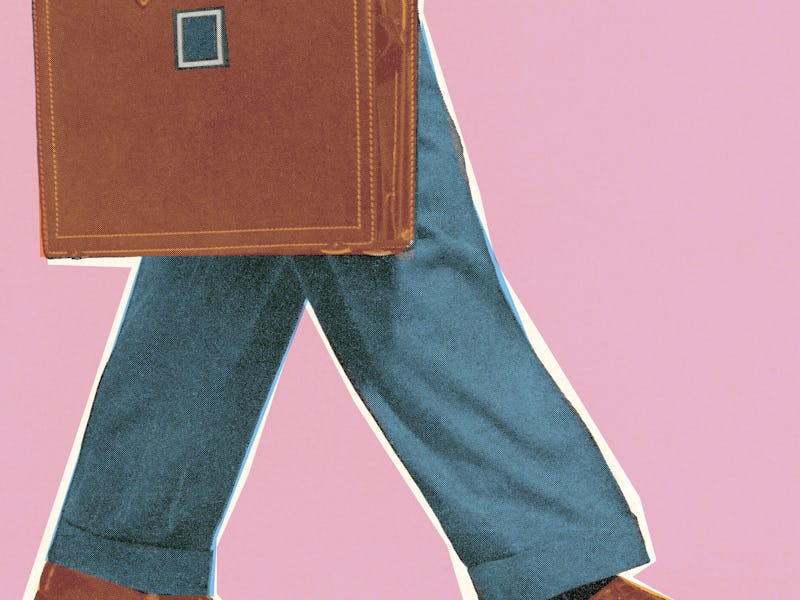Remote work might make the most miserable side effect of office culture even worse
We know presenteeism causes harm. Presenteeism at home is another beast.

Consider this: You’ve got a headache and a runny nose. You also have a job and your colleagues count on you to turn up. What do you do? You decide to work through it and hope no one notices you are a bit less chatty.
This is presenteeism, or working while sick. It’s both a “public health hazard” and a “worldwide phenomenon.” Presenteeism costs companies money, drives burnout, and is generally bad for everyone involved. But employees still do it because the benefits of showing up seem to outweigh the costs of recovering at home.
The rise of remote work adds a twist to the problem. It’s one thing to go to the office while ill. It’s another to work from home while sick — in your own home, your coworkers don’t need to know you don’t feel well.
In a recent study published in the Journal of Occupational Health Psychology, researchers examined this phenomenon among remote workers during a 2020 Covid-19 lockdown. The study is unique in that most research on presenteeism focuses on long-term results. Instead, this study examined short-term daily changes in presenteeism and how these affect employee performance.
You don’t want to be this person.
Overall, the study shows people engage in presenteeism most when they feel like they aren’t meeting their work goals. But working while sick can make the situation worse: The researchers found presenteeism is so draining that it hinders your work for days afterward.
“Considering the negative impact of presenteeism on next-day performance, this could lead to a vicious cycle where an employee tries to compensate for a lack of performance by engaging in daily presentism,” explains first author Wladislaw Rivkin, an associate professor at Trinity College Dublin.
This “compromises their performance on the next day, potentially requiring even more presenteeism, which in turn compromises their performance on the following day and so on,” Rivkin adds.
Rivkin and his team argue that remote work should inspire us to reconsider the concept of presenteeism. It’s far too easy to work through certain hours: For example, a migraine at home may tempt a worker to work on and off. A migraine at the office, meanwhile, would likely compel the worker to go home to rest.
“How many times do people see their supervisor attending work or being in an online meeting when they clearly should be in bed?”
The lockdown effect
as more people have shifted to work from home, the boundaries between some people’s professional and private lives are eroding.
The study followed 126 people in the United Kingdom who logged their daily productivity across 12 workdays. This work occurred against the backdrop of Covid-19 lockdowns — every person in the study worked from home. Their diary entries revealed frequent fluctuations in presenteeism, with the consistent finding that working through feeling bad drained mental energy. A night of recovery — sleep — did not help replenish the workers. Presenteeism spilled into the next day and diminished how effective they were at work.
Rivkin thinks working from home may be associated with a greater tendency to engage in presenteeism because working from home while sick feels less daunting than working from the office while sick. If the people in the study didn’t work from home, he says, it's possible that his team would have found a lower prevalence of presenteeism.
Despite the many studies on presenteeism, it appears people are unaffected by the data showing they’re making a poor decision to work while sick. Even before the pandemic, the phenomenon was on the rise.
With the potential for work culture pivoting even further toward making presenteeism the norm, the study team hopes their findings serve as a wake-up call and “discourage a culture of just working it off,” Rivkin says.
Supervisors have to be models of acceptable behavior, he adds.
“How many times do people see their supervisor attending work or being in an online meeting when they clearly should be in bed?” Rivkin says.
“We hope that our research discourages such behaviors by debunking the myth that working while being ill and not at one’s full capacity is better for individuals’ and their teams’ performance than taking the time to recover.”